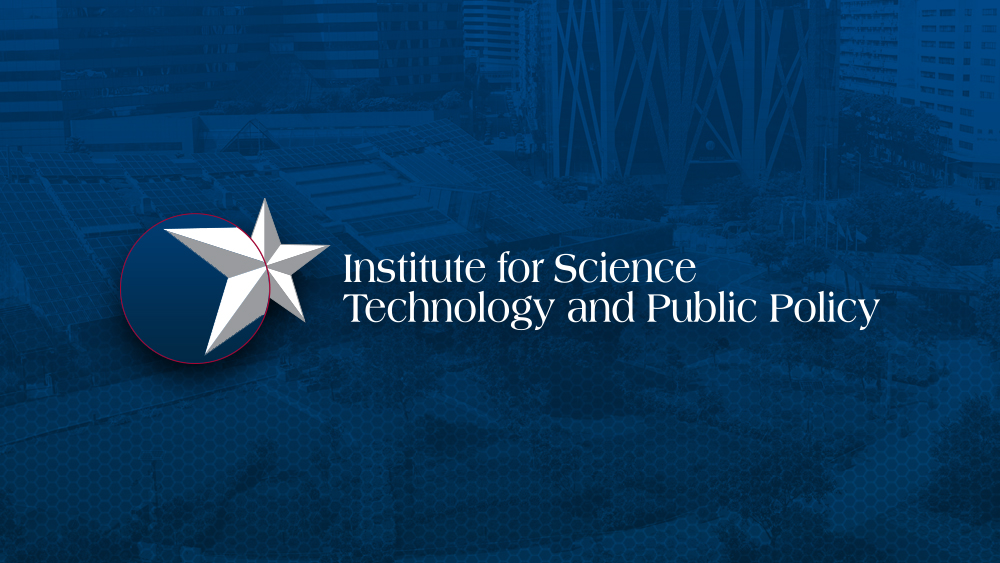
Issues related to water, energy, and food (WEF) form a highly connected nexus; and combatting pressing issues related to any one of the resources requires a better understanding of these nexus relationships by policymakers and the public. The first step in addressing this problem—understanding public opinion and policy preferences—is the focus of a new study, believed to be the first to address WEF issues directly, by a team of researchers from the Institute for Science, Technology, and Public Policy (ISTPP) at the Bush School of Government and Public Service at Texas A&M University.
“Water, energy, and food are highly integrated systems—movement or changes in one segment changes the others,” said Dr. Arnold Vedlitz, director of ISTPP. Energy cannot be produced without using water. Water cannot be provided without using energy. And food cannot be grown without energy and water. So there are inherent and difficult trade-offs in how these resources are used. Vedlitz explains, “Public policy makers are going to have to make decisions about the allocation of resources in a manner that recognizes and preserves this system. In order to help decision makers in making these decisions and for the public to accept these decisions, the public needs to know and understand what’s going on.”
The project was led by Kent Portney, a Bush School professor of public policy and an expert in environmental policy and sustainability, and Vedlitz, a professor of public policy and an expert in science and technology policy and natural resources management.
The research, which was presented at the Texas A&M System Resource Nexus Water Forum held November 17-18 in San Antonio, Texas, looked at public opinion regarding concerns about water, energy, and food issues; policy preferences; and personal behavioral changes involving water and energy. A scientific survey was conducted in August that collected responses from a representative sample at the national level, state level in Texas, and local level in Houston. The researchers found that the recognition of risks related to the WEF nexus and the desire to have the government and the private sector work together to find solutions was similar across many demographic and political groups in the US and Texas—with one exception.
“While party and ideology do not seem to drive the concern for water or energy or support for certain policies, there is a strong partisan divide when climate change gets introduced,” said Vedlitz. “When considering how climate change gets discussed and the roadblocks to enacting policy the climate change issue creates, it will be important to frame the discussion about the WEF nexus so that the divide that surrounds climate change is not passed on to the nexus issue.”
The Texas A&M System Resource Nexus Water Forum was the first public outreach meeting of the Area 41 Institute, a recent initiative created by Texas A&M System Chancellor John Sharp intended to provide solutions to major issues faced by the state of Texas. The initiative provides research drawn from across various colleges and institutes within the Texas A&M System that can be used by decision makers trying to tackle issues related to transportation, water, energy, and healthcare.
The conference brought together several public and private sector stakeholders at the local, state, and national level, including officials from the Texas Water Development Board, the World Wildlife Fund, the National Council for Science and the Environment, Circle of Blue, the San Antonio Water System, and researchers from various colleges and institutes throughout the Texas A&M System.
“Many of these people are officials, business leaders, community leaders, and environmental leaders,” said Portney. “We’re hoping they will understand the WEF nexus more as a system and understand the ways all these components play together. By providing critical information to stakeholders, we hope they will seek out our guidance in the future in creating effective and efficient policies.”
Researchers from ISTPP who are working on this project, in addition to Vedlitz and Portney, include Research Scientist and Assistant Director Xingsheng Liu; Postdoctoral Research Associate Bryce Hannibal; Senior Research Associate Carol Goldsmith; and Peyton McGee, who is a graduate assistant at the Bush School. Two other faculty members at the School, Dr. Ann Bowman and Dr. Justin Bullock, along with Dr. Manuel Teodoro, a faculty member with the Texas A&M Department of Political Science, are also members of the WEF nexus research team.

